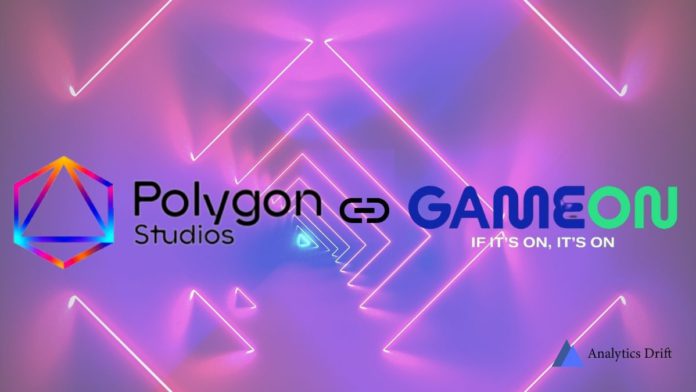While the age of Metaverse is fast dawning upon us, this will usher a new chapter for the NFT marketplace, cryptocurrencies, and video gaming. Amid the fears that cryptocurrencies are still a risky gamble, Bitcoin, Ethereum, and many others are slowly gaining approval from Wall Street. Meanwhile, the dynamics between gaming and NFT are changing with the advent of NFT games.
This year, the NFT marketplace surged, beginning with NFT artwork that leveraged blockchain’s transparent and secure digital record to verify its products uniquely. This assured gamers that they could have digital ownership and resell their game characters for a profit, allowing a new business model for games known as play-to-earn, in which players earn incentives. With the widespread acceptance of NFT, the gaming industry is on the crux of new disruption.
New trends like “play-to-earn” and more widely part of the Web 3.0 movement will act as harbingers of a new era of gaming with a real-world economy and new player incentives. Web 3.0 refers to the third generation of the internet, which many predict will be driven by decentralized infrastructure and machine-based data interpretation. As a result, existing business models in the gaming industry may be fundamentally disrupted.
The arcade games gave the initial push to the gaming industry. It was followed by free-to-play games where gamers could pay to avail themselves of extra power-ups and RPG characters skins, which created a digital items-powered economy strictly controlled by gaming companies. Now, we are blessed with play-to-earn, which is centered on generating real-world value from in-game items and other types of digital products using non-fungible tokens, cryptocurrencies, and other blockchain technologies.
In play-to-earn, gamers no longer have to spend hundreds of dollars on products that are just related to their accounts. Instead, these goods are stored in a non-custodial wallet that gamers may use to play games.
This basically means that gamers can purchase commodities on the open market and use them for the course of the game. Once they finish the game, they can either sell their stuff on the open market for real money once they finish the game or use the commodities in another game that interests them. In other words, your assets are no longer bound to the game in which you purchased them. You can leave at any time and at least get some of the value you put in. One example of a successful play-to-earn game is Axie Infinity, which already has millions of players worldwide and has generated more than US$2.5 billion in trading volume.
Once this becomes mainstream, it will provide the groundwork for the much-desired Metaverse that many social media and gaming companies are attempting to build.
Polygon is one of the most well-known cryptocurrencies and NFT companies. As a network that provides scalability solutions for projects built on the Ethereum (ETH) blockchain, Polygon has attracted an increasing number of users and developers interested in NFT, allowing them to generate and trade these assets at lower costs. This is achieved by adding an additional layer (Layer 2), which works on top of primary blockchains to speed up transactions. This allows it to reduce gas expenses, which are connected to the computational costs of blockchain transactions from user-made NFT purchases.
According to a study from blockchain development platform Alchemy, Polygon already has over 3,000 applications. Polygon has moved to the top of the list of companies that had made big investments in blockchain-based gaming so far, when it launched Polygon Studios, a $100 million incubator for NFT game ventures, earlier this year.
Read More: Why is Solana’s First Million Dollar Degenerate Ape NFT Sale a huge Milestone?
Its gaming initiative continues with the recent announcement of a new collaboration with GameOn Entertainment. Polygon Studios will contribute half of the non-dilutive money for continuing product development costs as part of the partnership. The investment will specifically benefit GameOn in spearheading the development, minting, and selling of NFTs on the games it currently manages. GameOn’s prime focus would be to sell white-label prediction games, fantasy games, and NFT-based games to other entertainment firms, which they could then push out to their user base, creating a win-win situation for everyone. Because this is developed on the Polygon network, it can minimize the costs of developing NFT games.
In a statement, its CEO, Matt Bailey, said, “By leveraging Polygon’s technology, GameOn continues to focus on blockchain and NFTs, bringing innovative gamification to Web 3.0 economies. Through resource-generating partnerships and acquisition mergers, we will continue to redouble our efforts to be the one-stop-shop for gamification , including NFT-based games”.
Building on the success of Polygon, the native MATIC cryptocurrency saw massive growth in 2021. Over the course of the year, the cryptocurrency value has increased by more than 13,000%. In addition, the network’s total number of unique addresses has topped 100 million. The token increased by 70% in October alone. Despite ending November with a loss, assets increased by more than 15% this week.


